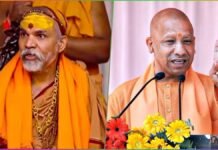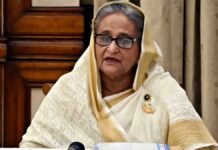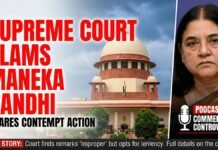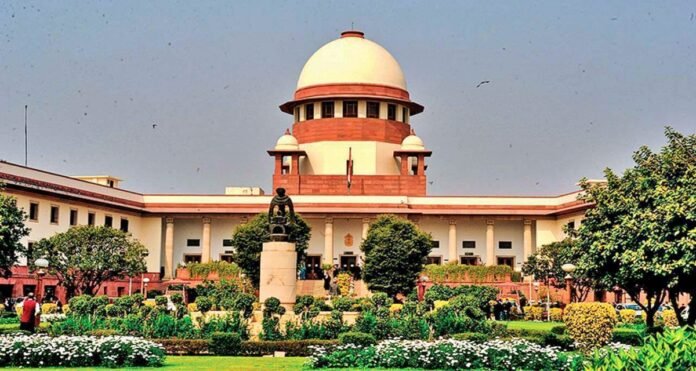
The Supreme Court, while accepting the revised report of the Banthia Commission submitted by the state government, approved the OBC reservation in Maharashtra and approved the conduct of local body elections with the OBC reservation. The OBC community has gotten a big relief due to the favorable verdict on this pending issue for years. During the tenure of the Mahavikas Aghadi government, the Supreme Court banned OBC reservations. After this, the Thackeray government fought a legal battle for the restoration of this reservation. The government had constituted the Banthia Commission to complete the triple test of the Supreme Court. When this report was presented, the power in the state changed and Aghadi was replaced by the Shinde-BJP government. Due to this, the battle of credit has started between Aghadi and BJP for the success achieved in bringing the OBC reservation.
It was necessary to gather solid evidence
Couldn’t have been averted the negligence in implementing the OBC reservation despite the compatibility of all parties? The lesson learned from all this development is that political declaration is not enough for the change to be brought through the reservation, concrete details, evidence, and proper documents are needed to fulfill the purpose or achieve the goal. In view of the multi-layered nature of the society, if its study is more comprehensive and accurate, then the schemes of public welfare can be implemented in a better way. The Mahavikas Aghadi government had issued an ordinance last year regarding OBC reservation in the state’s local body elections, which was canceled by the Supreme Court in December 2021.
After this, a commission of five members was constituted under the chairmanship of Jayantkumar Banthia, former Chief Secretary of Maharashtra, which was entrusted with the responsibility of collecting the empirical or empirical data about the actual number of OBCs. His report was also rejected by the Supreme Court.
Later, the Supreme Court, showing a more strict attitude, gave a decision in the first week of May, due to which it was held that reservation will not be applicable for OBC society at present. Because of this, the imminent elections to 15 Municipal Councils, 25 Zilla Parishads, and 230 Municipal Councils of Mumbai, Thane, Pune, Pimpri, Chinchwad, etc. have been put in question. Due to this, the conflict between the government and the Election Commission was visible. The reason for this was that the court had rejected the report of the State Backward Classes Commission recommending 27 percent reservation for OBCs in the elections of local self-government institutions and ordered the elections to be held without OBC reservation. Due to this order being binding on the Election Commission, the commission had also started preparations for this election.
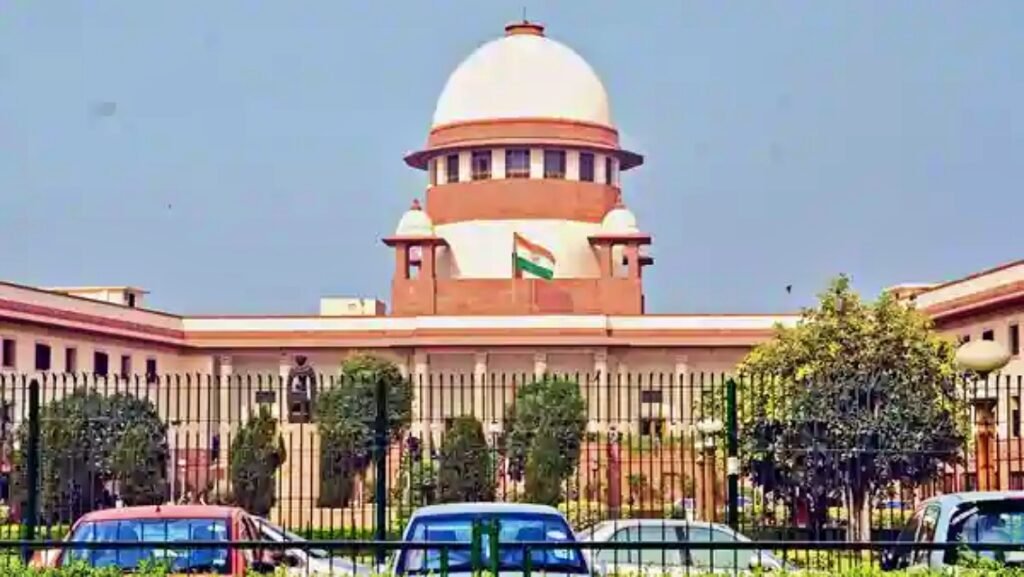
Madhya Pradesh Government had done
Such a question had also appeared in Madhya Pradesh, but the Shivraj Singh government there presented the corrected OBC Imperial data of the state within 15 days, then the Supreme Court approved it. Then there was criticism about why the Uddhav Thackeray government could not do the work that the Madhya Pradesh government had done. Against this background, the Supreme Court paved the way for the elections by accepting the reformed report of the Banthia Commission. During this, on July 8, the State Election Commission announced to conduct elections to 92 municipalities and 4 Nagar panchayats in 17 districts without OBC reservation on August 28.
After this these elections were postponed by the Election Commission. Now with the decision of the Supreme Court, elections will be held with OBC reservation. In fact, all parties want OBC reservations. In between, due to the order of the Supreme Court, some elections were held without reservation, then all the parties fielded OBC candidates in the reserved constituencies. It is clear from this that no party leaves the opportunity to do politics. The effect of the ongoing allegations and counter-allegations due to the change of power can increase further during these elections.


